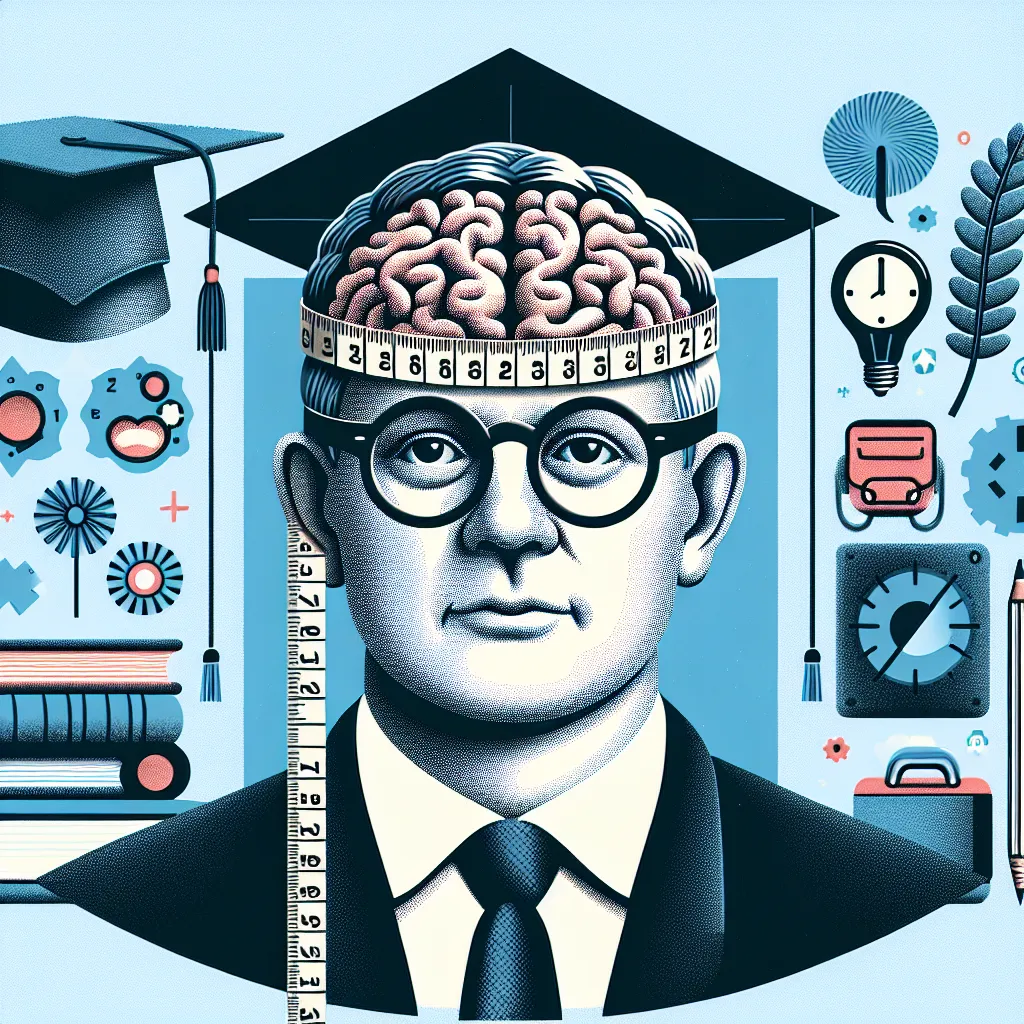What Was John F. Kennedy’s IQ Score?
The enigmatic John F. Kennedy, often fondly referred to as JFK, is celebrated as one of the most charismatic and impactful presidents of the United States. His tenure as the 35th President, though tragically cut short, left an indelible mark on American history and world politics. With his eloquence, the ability to inspire, and a series of strategic political maneuvers, one may ponder the intellectual prowess behind this fascinating leader. The curiosity often leads to the speculative question: What was John F. Kennedy’s IQ score? This article delves deep into historical records, rumors, and the intellectual legacy of JFK to provide an exhaustive analysis on the subject.
If you are looking for legitimate IQ Tests which pass the entry bar for Mensa, see our IQ Tests.
### The Essence of IQ and Its Interpretation
Before delving into the specifics regarding JFK, it’s crucial to understand what IQ (Intelligence Quotient) means and how it’s measured. An IQ score is often considered a standardized measure of human intelligence derived from various tests. These tests assess a range of cognitive abilities, including memory, analytical thinking, mathematical skill, and linguistic capabilities. The average IQ score is set at 100, with most people’s scores falling within a range of about 85 to 115. It’s worth noting that while IQ can indicate cognitive ability, it is not an absolute measure of one’s intelligence or potential.
### JFK’s Formative Years and Educational Background
John F. Kennedy was born into a politically influential family on May 29, 1917, in Brookline, Massachusetts. As the second son of Joseph P. Kennedy Sr. and Rose Fitzgerald Kennedy, he was privy to a wealth of educational resources and intellectual stimulation from a young age. He attended several prestigious institutions, including the Dexter School in Brookline and the Riverdale Country School in New York. Later, he attended the Choate School, an elite boarding school in Connecticut.
During his time at Choate, JFK was considered an average student – bright and sociable, yet often distracted by physical ailments and extracurricular activities. Despite this, he exhibited remarkable curiosity, particularly in history and English. His biographers note that he began to show the early signs of the sharp intellect that would later define his political career.
### Academic Performance and College Years
JFK’s college years were somewhat more indicative of his intellectual capabilities. He began his college education at Princeton University, but soon transferred to Harvard University due to health concerns. At Harvard, JFK’s interest in politics, international affairs, and history deepened. His senior thesis, which scrutinized Britain’s pre-World War II foreign policies, was later published as a book titled “Why England Slept.”
While at Harvard, Kennedy’s academic performance was subject to ups and downs. Despite his charm and familial background, he was required to grapple with the rigors of an Ivy League education. He cultivated relationships with professors and peers that refined his analytical and rhetorical skills. His ability to synthesize complex political situations and articulate them cogently began to garner attention.
### The Kennedy Family and Intellectual Legacy
One cannot discuss JFK’s intellectual prowess without acknowledging the Kennedy family’s emphasis on education and intellectualism. Joseph P. Kennedy Sr., his father, was a Harvard graduate and a powerful political figure, while his mother Rose was known for her love of literature and the arts. The Kennedy household was a crucible of vigorous debate and scholarly discussions, which undoubtedly played a crucial role in shaping JFK’s intellectual faculties.
Moreover, the Kennedy siblings exhibited a range of intellectual talents. Robert F. Kennedy, another notable figure, also demonstrated impressive analytical abilities and legal acumen. This environment, imbued with a mix of rigorous academics and high societal expectations, likely contributed to JFK’s intellectual development.
### Unverified IQ Scores and Speculation
Returning to the focal question of JFK’s IQ score, the dearth of concrete evidence makes it a subject of speculation. Some sources purport that his IQ was somewhere between 119 and 140, based on various secondary assessments of his educational background and early testing. However, these numbers should be approached with skepticism. Unlike some notable contemporaries in politics, JFK did not leave behind a formally recognized IQ test score document in any public archives.
JFK however did take the Otis Gamma. JFK had his IQ tested in school and scored 119 with a standard deviation of 10 on the Otis Gamma IQ test in his teens. This means his IQ is 126-129 SD15, which is what most sources use.
Some experts argue that any figures given are based more on inferences rather than empirical data. For instance, during his brief naval career in World War II, various aptitude tests would have been administered, but the records of specific IQ scores are either lost or not made public. Consequently, while it can be reasonably inferred that Kennedy possessed a sharp intellectual capacity, pinning down a precise IQ score remains elusive.
### Leadership and Intellectual Abilities
Despite the lack of a verified IQ score, John F. Kennedy demonstrated significant intellectual capabilities through his leadership and decision-making skills. His adept handling of the Cuban Missile Crisis, a tense standoff with the Soviet Union in 1962, underscored his ability to analyze complex geopolitical scenarios and enact strategic solutions. His calm demeanor, incisive questions, and collaborative approach with his advisors showcased an agility of mind that transcended conventional metrics of intelligence.
Additionally, his inaugural address, which is often quoted for its inspirational rhetoric—most notably the line, “Ask not what your country can do for you; ask what you can do for your country”—reflects his profound ability to communicate lofty ideals in a manner that resonated deeply with both the American public and international audiences.
### The Impact of Physical Ailments
JFK’s intellectual journey was not without its challenges. Throughout his life, he grappled with significant physical ailments, including chronic back pain, Addison’s disease, and gastrointestinal issues. These health struggles occasionally impeded his academic and professional endeavors. Nevertheless, his perseverance and determination allowed him to overcome these personal obstacles, an achievement that speaks volumes about his mental fortitude and resilience.
### Legacy and Intellectual Influence
John F. Kennedy’s legacy extends beyond his IQ score. His intellectual influence on American politics, culture, and international relations continues to be studied and revered. Scholars and historians often cite his innovative policies, such as the establishment of the Peace Corps and the promotion of the space program, as testaments to his forward-thinking and innovative mindset.
Moreover, his nuanced understanding of Cold War dynamics and his advocacy for civil rights reveal a leader deeply engaged with the ethical and moral issues of his time. JFK’s speeches, writings, and actions reflect an intelligent, reflective individual committed to shaping a better future.
### Conclusion
In conclusion, the exact IQ score of John F. Kennedy remains an enigma, clouded by historical ambiguities and speculative assertions. Yet, it’s undeniable that he exhibited remarkable intellectual capabilities throughout his life and career. His strategic acuity, eloquence, and enduring legacy attest to a keen mind that navigated the complexities of leadership with wisdom and vision. While an IQ score might offer a numerical glimpse, JFK’s true measure of intellect lies in the transformative impact he had on his nation and the world.



Leave a Comment